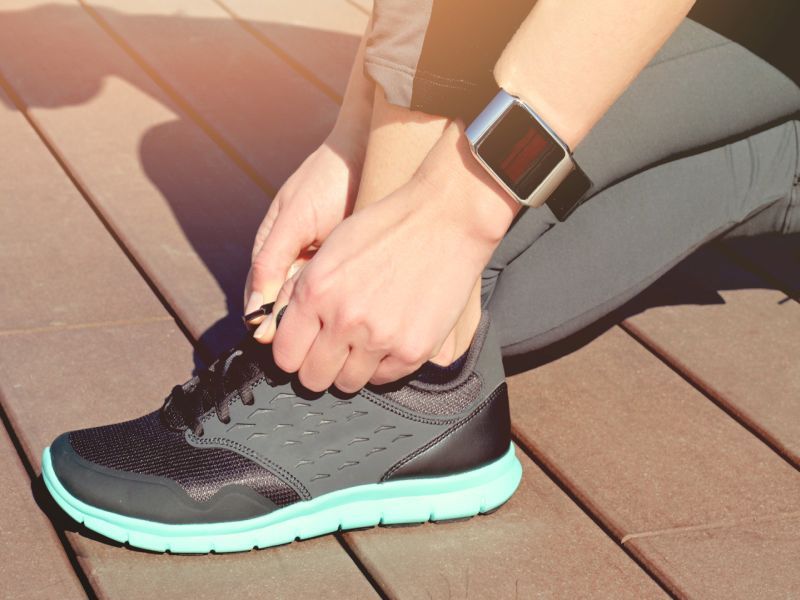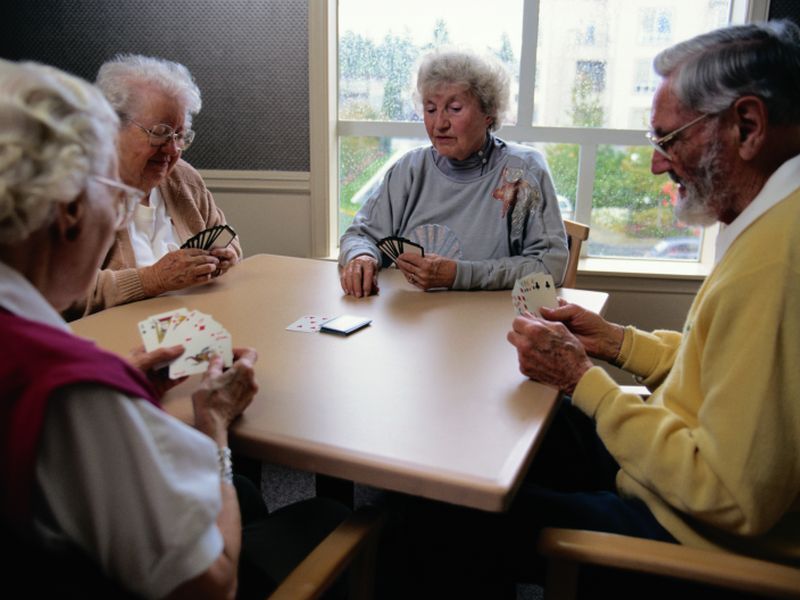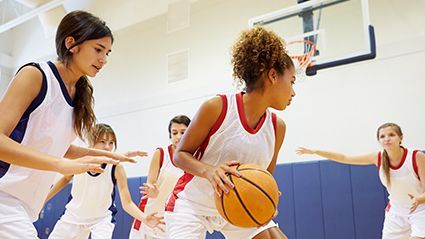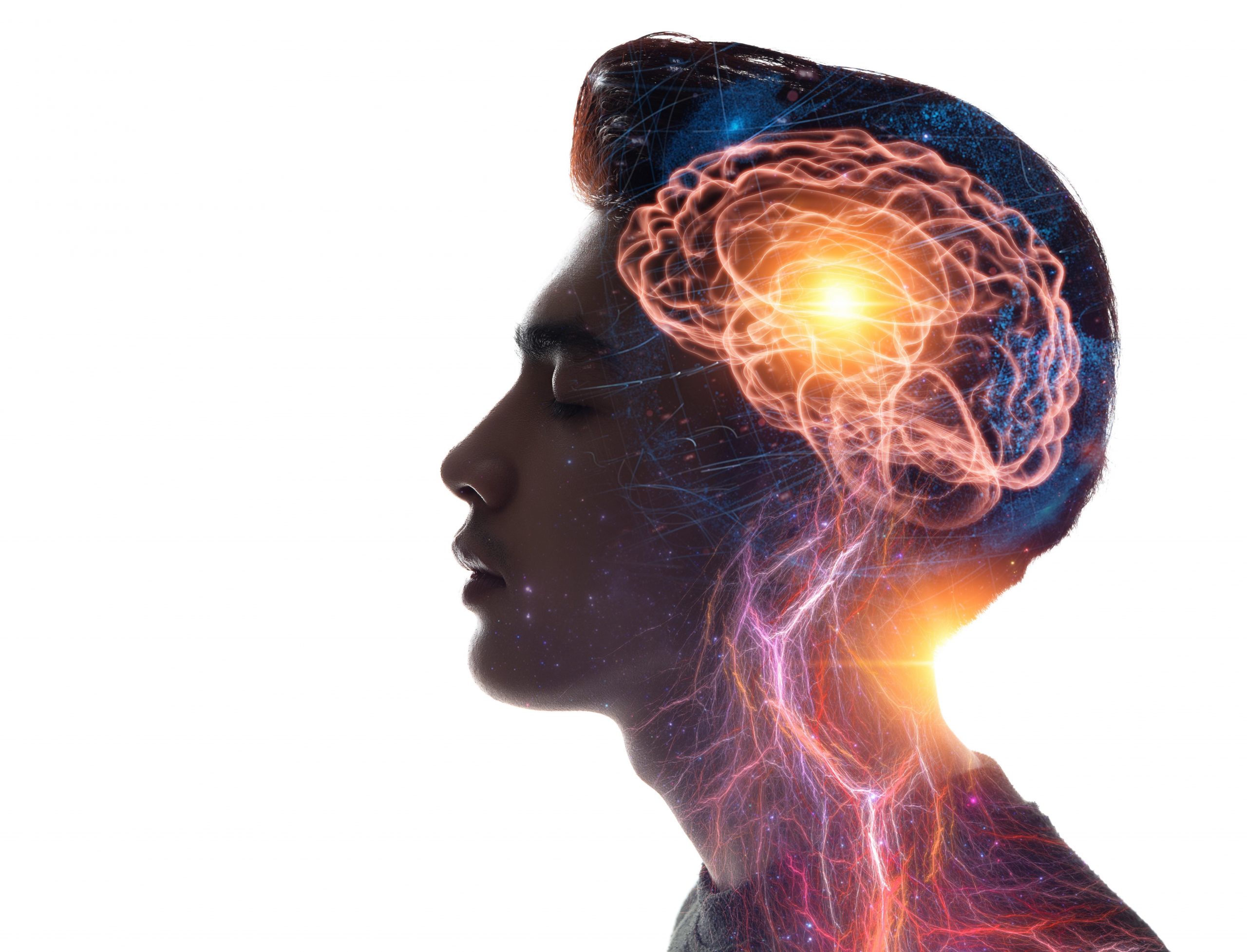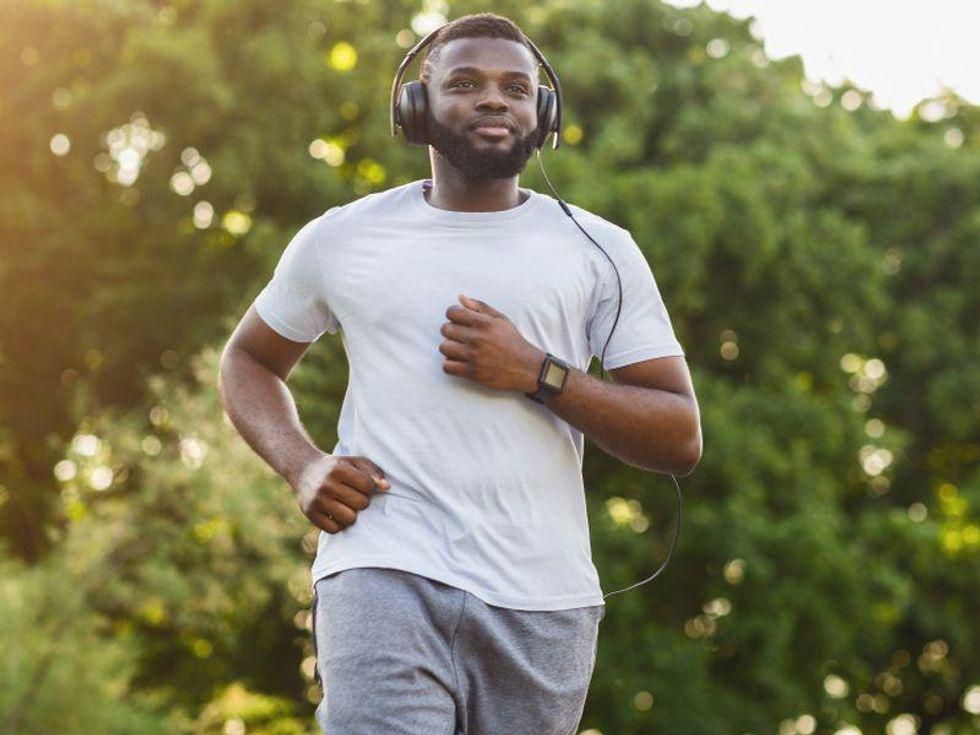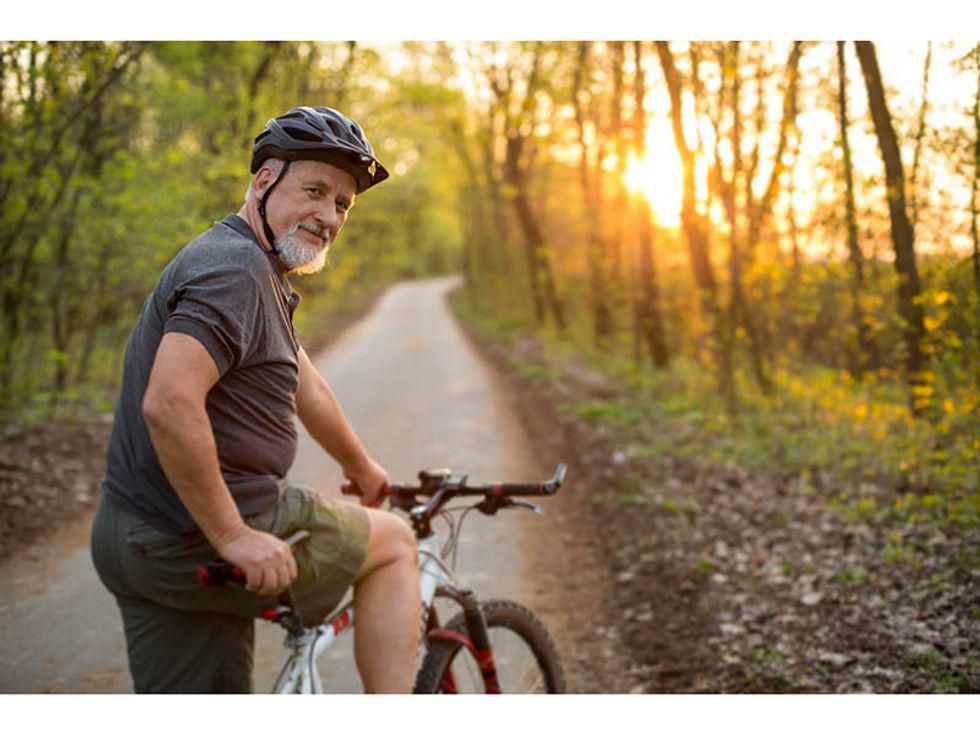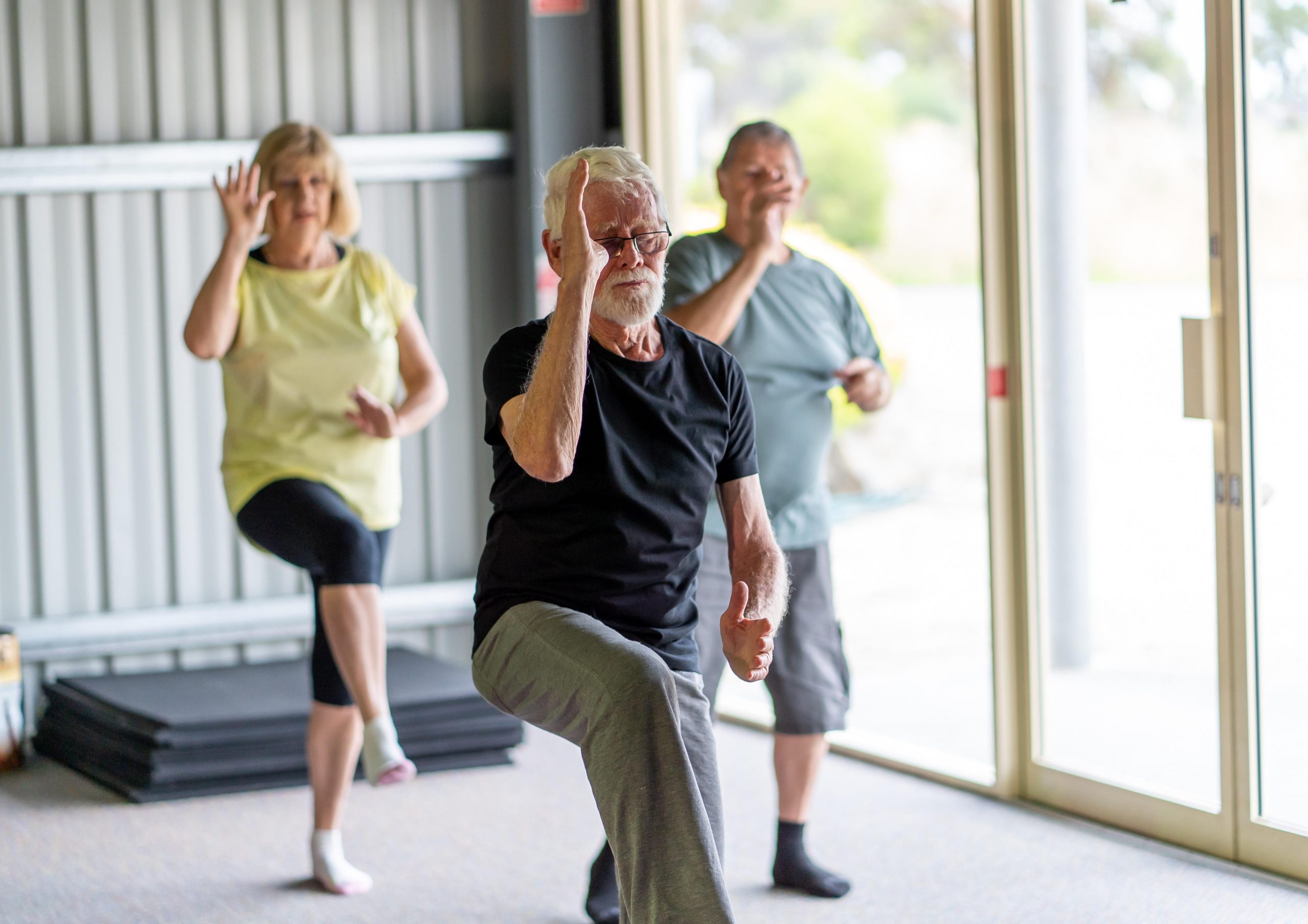
Middle-aged people could add years to their lives just by getting off the couch and going for a walk every day — though it wouldn’t hurt to do even more, a large new study suggests. The researchers followed over 100,000 Americans for decades and found what many have shown before: People who exercise as much… read on > read on >










